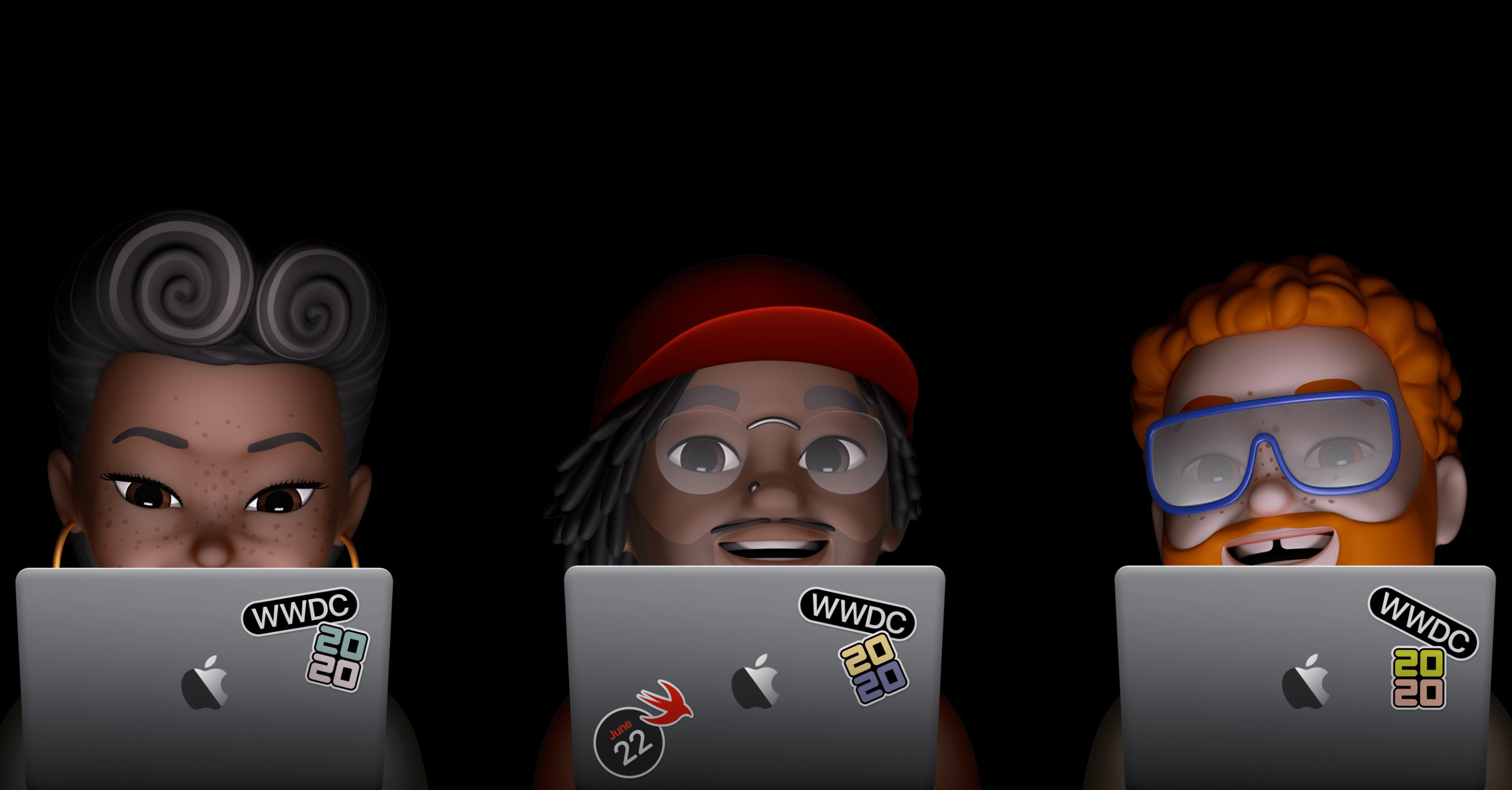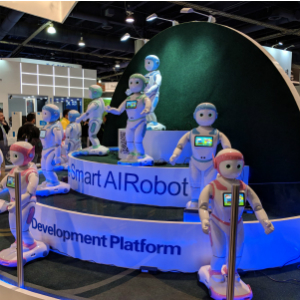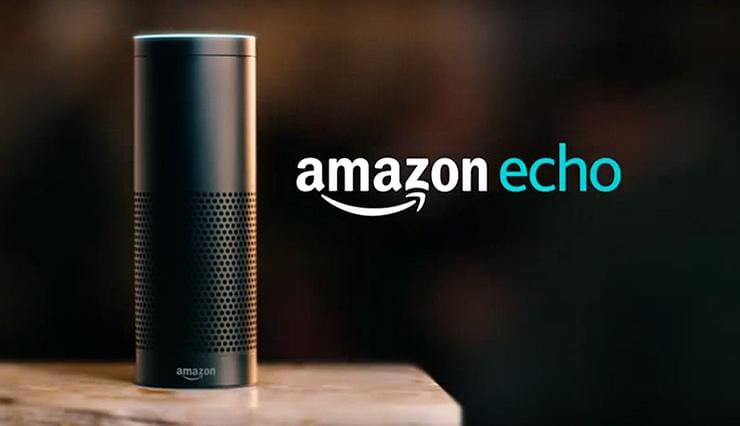
Allegations are building as June approaches. Apple’s upcoming WWDC event is fast approaching and a fresh set of rumors is pegging an Amazon Echo inspired hardware release. While the Cupertino company has not released hardware at the developer conference in several years, announcing hardware now may be a necessity, given the expansive launches of new iPhones, Apple Watches, and iPads in the fall.
Current Competition
Apple is never the first company crashing onto a new hardware scene. While Apple is realistically credited with revolutionizing the smartphone market in 2007, with iPhone’s debut, the handset was certainly not the first smartphone. Mac was never the first computer. iPad was not really the first tablet. Amazon has developed, with great market success, a voice controlled and AI driven smart speaker, named Echo. Shortly, Google followed, releasing Google Home. Is Apple going to pull up the rear?
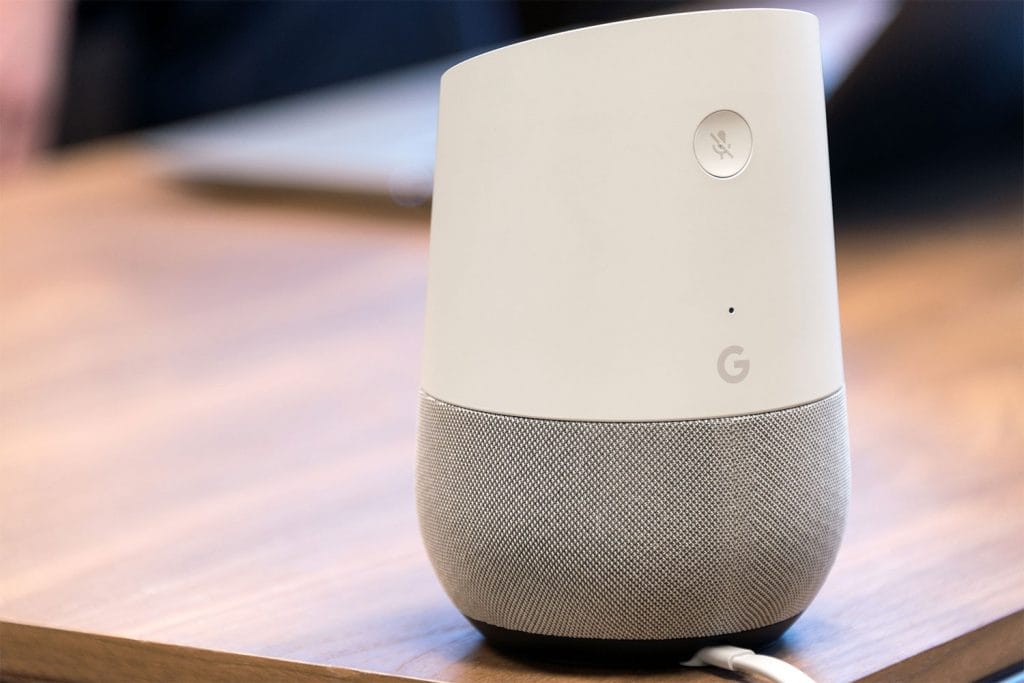
Over time, automation and voice control are the upcoming, preferred interfaces. Without the need to carry a device around the home, a smart speaker has the ability to access web content, install third party services, and entertain with music. Apple has already understood this future with the launch of Siri in the iPhone 4s and subsequent installations in iPad and Apple Watch.
Apple is poised to, yet again, delay entry to an emerging market, giving them the option to capitalize on previous successes and failures of Amazon and Google.
Siri Speaker Tower
Sonny Dickson, and often correct Apple rumor tipster, claims the device will be a Mac Pro inspired design, with a mesh speaker cover running the outside plane, reminiscent of an UE Boom speaker, pictured below. Functionality is rumored to be relatively the same as the existing competition, but with a subwoofer and up to seven tweeters, ensuring the sound quality is impressively higher. The speakers are rumored to be a collaboration with Apple’s own company, Beats by Dre, possibly giving pause to true audiophiles, but these devices are never meant to replace a true stereo experience.
The device may also include a camera, to allow for user identification, thus personalizing the interaction to the inquirer. Google Home is already doing this, but with voice wavelength recognition. Apple’s use of a camera could simply be an extra authentication check that would couple with wavelength analyzation.
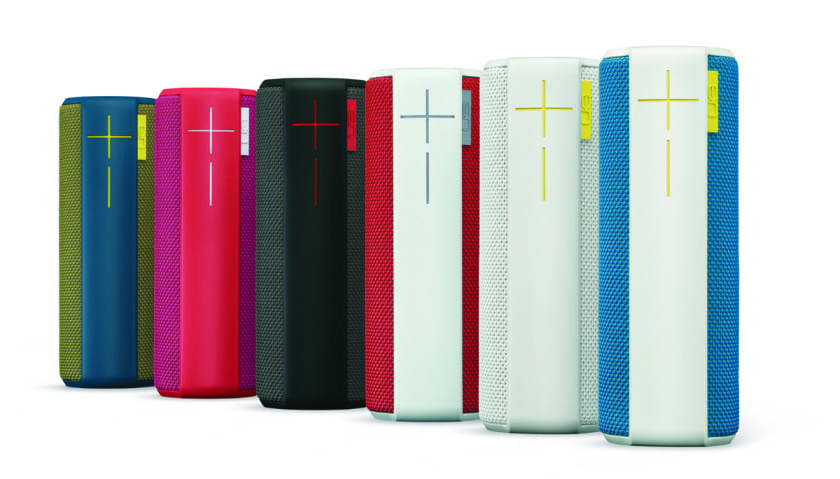
Using Siri, interactions may include the ability to email, iMessage, read tweets, hear the news, and control HomeKit products. However, Siri may not be the only way to interact with the device. A mostly random, un triangulated set of rumors are stirring speculation that the device will have a touch panel or touch screen, both drastically different from one another. There is an assumption the device will run some variant of iOS. Software combined with a screen could involve some form of visual real estate, but the device is not expected to be similar to the new Amazon Show, pictured below.
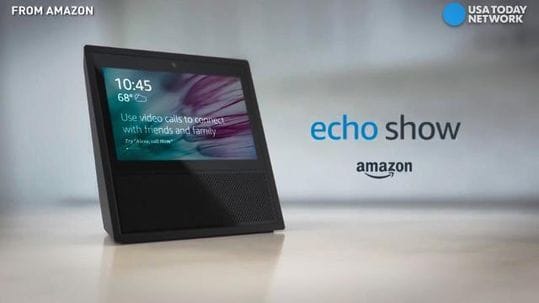
Apple’s own marketing chief Phil Schiller was recently quoted making comments about current voice assistant products and their strange lack of a touch interaction, claiming without a panel “I don’t think [it] suits many situations,” specifically maps and directions. Often correct Apple analyst Ming-Chi Kuo of KGI Securities, believes the device will contain an interactive touch panel.
Not much is known, rumored, or leaked about the mystery product, but it is expected to launch at the developer conference next month. This would make good sense, given a Siri smart speaker would need incredible backing from the Apple developer community. While the device would certainly come with critical features for communication, the product would probably pale in comparison to Echo, if it does not receive third party integrations. With a week long conference, full of developers, it is in Apple’s interest to get the platform in their hands now, with a probable fall launch.
Most importantly, if Apple does not brush up Siri’s ability to hear, understand, and interact, the whole product could be a flop.

